Pakistan has affirmed its readiness to cooperate and wants to build trust with Iran after the two countries attacked targets on the neighboring country's territory.
Pakistan's Foreign Ministry announced on January 19 that Foreign Minister Jalil Abbas Jilan had a phone call with Iranian Foreign Minister Hossein Amir-Abdollahian, in which "both sides agreed to de-escalate the situation."
"Underlining the close fraternal relations between the two countries, Foreign Minister Jilani expressed Pakistan's desire to work with Iran in the spirit of mutual trust and cooperation," the Pakistani Foreign Ministry said. "Foreign Minister Jilani stressed that such cooperation must be based on respect for territorial integrity and sovereignty ."
Foreign Minister Amir-Abdollahian later said he had "pointed out the importance of continued cooperation and close communication between officials of the two countries" in a phone call with his Pakistani counterpart.
"I emphasize Iran's respect for the sovereignty and territorial integrity of our brotherly and neighboring country Pakistan," Amir-Abdollahian said.

Foreign Minister Jalil Abbas Jilan speaks at an event in Islamabad, Pakistan on January 10. Photo: BNG Pakistan
The foreign ministers agreed that the two countries need to strengthen coordination at the working level, as well as "close coordination in counter-terrorism and other areas of mutual concern," Pakistan's foreign ministry said.
Referring to the Jaish al-Adl militant group, the target of Iran's January 16 attack, Mr. Amir-Abdollahian said it was "a threat to the citizens of both countries". "We consider Pakistan's security to be Iran's security", Mr. Amir-Abdollahian affirmed.
Earlier in the day, Mr. Jilan had a phone call with Turkish Foreign Minister Hakan Fidan to discuss recent developments between Pakistan and Iran.
Mr Jilan announced Pakistan's operation Marg Bar Sarmachar targeting camps of the militant group it considers terrorists, while asserting that Islamabad "does not wish to escalate" the situation.
The phone calls came a day after the Pakistani military launched an offensive against the Baloch Liberation Front militant group in Iran. Iran had earlier used drones and missiles to attack bases of the Israeli-linked militants in Pakistan.
Iran and Pakistan have had many disagreements in their relationship, as well as regularly accusing each other of allowing militants to launch attacks across the border. However, the two countries' militaries rarely directly attack targets in the neighboring country's territory.
UN Secretary-General Antonio Guterres, the US, China and several other countries have called on Iran and Pakistan to exercise restraint and avoid escalating tensions. China has offered to mediate between Iran and Pakistan.
Iran has recently launched airstrikes against targets in neighboring Pakistan, Iraq and Syria. This series of attacks has raised concerns about the growing instability in the Middle East since the Israel-Hamas war broke out in early October 2023, which could lead to a full-scale conflict in the region with serious consequences.
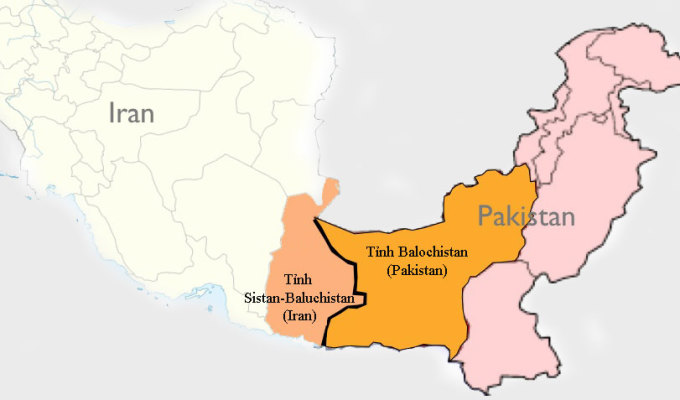
Location of Iran's Sistan-Baluchistan province bordering Pakistan's Balochistan province. Graphic: GeoCurrent
Nguyen Tien (According to Reuters )
Source link


![[Photo] Welcoming ceremony for Prime Minister Pham Minh Chinh and his wife on an official visit to Malaysia](https://vphoto.vietnam.vn/thumb/1200x675/vietnam/resource/IMAGE/2025/5/25/dc30203c3ae24da3990266ec3b29bb2d)
![[Photo] Ea Yieng commune settlement project abandoned](https://vphoto.vietnam.vn/thumb/1200x675/vietnam/resource/IMAGE/2025/5/25/57a8177361c24ee9885b5de1b9990b0e)
![[PHOTO] Hanoi fences off demolition of "Shark Jaws" building](https://vphoto.vietnam.vn/thumb/1200x675/vietnam/resource/IMAGE/2025/5/25/1b42fe53b9574eb88f9eafd9642b5b45)
![[Photo] Funeral of former President Tran Duc Luong in Quang Ngai](https://vphoto.vietnam.vn/thumb/1200x675/vietnam/resource/IMAGE/2025/5/25/ccf19a3d8ea7450bb9afe81731b80995)

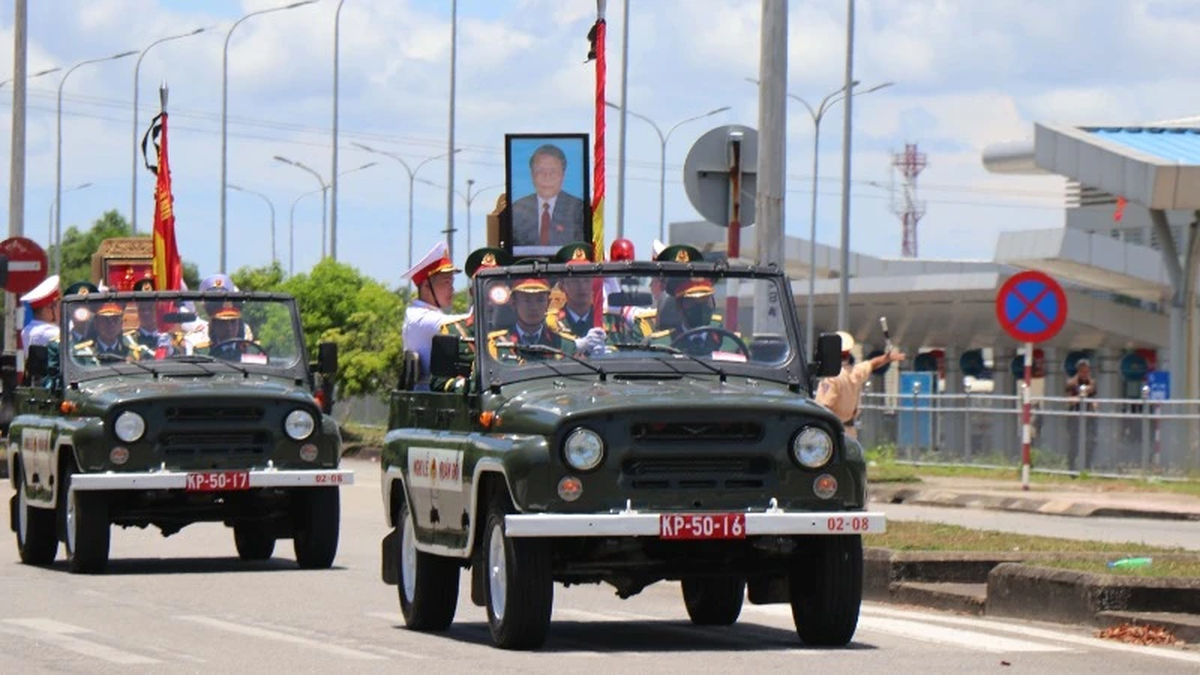
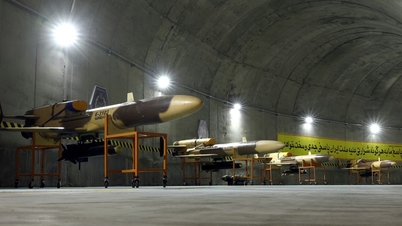



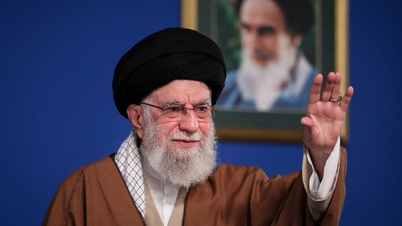

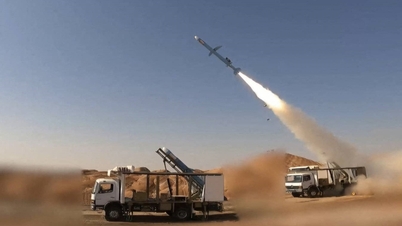





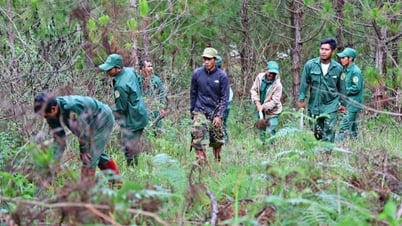








































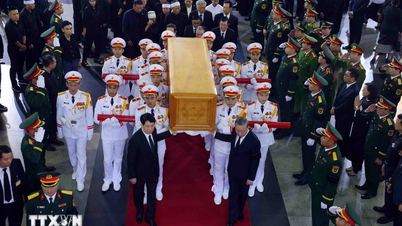






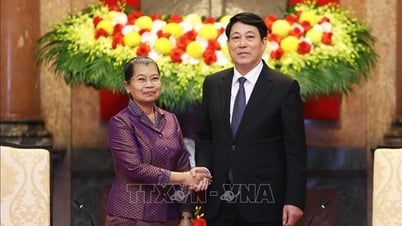



























Comment (0)